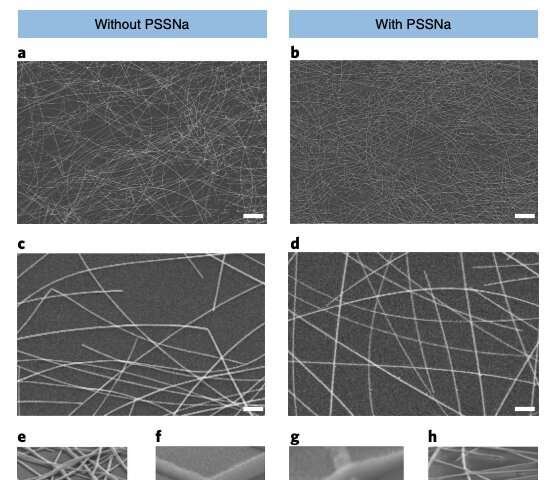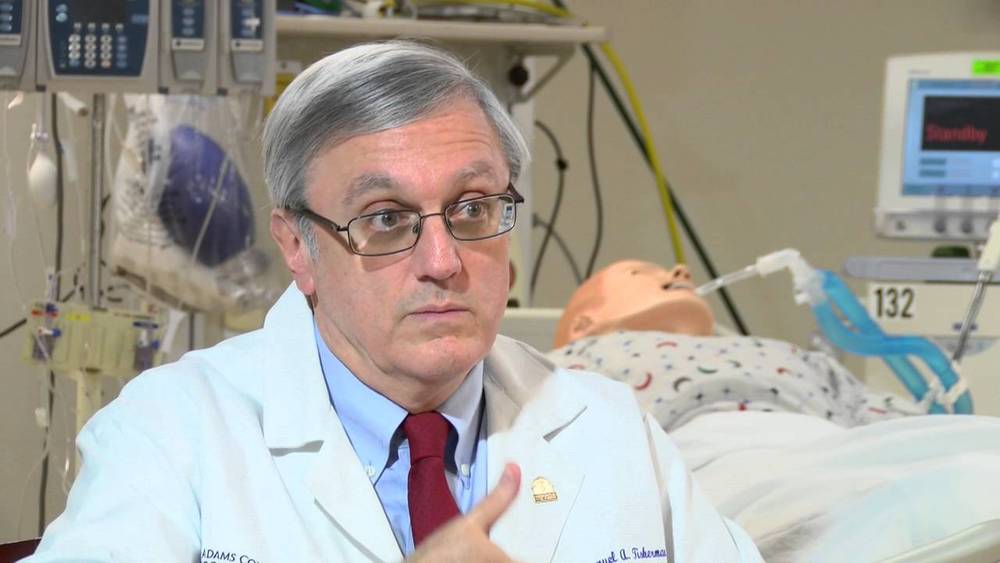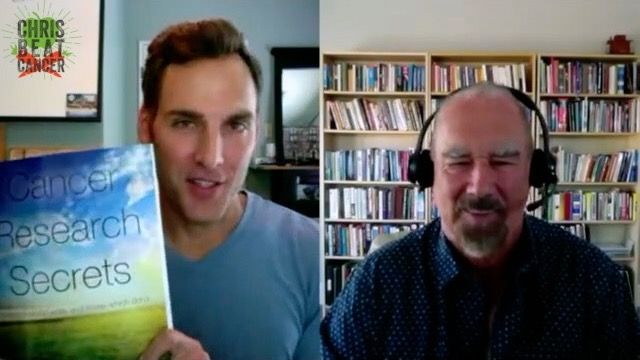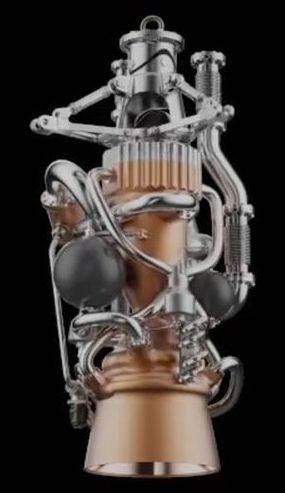Nov 20, 2019
Scientists detected the brightest light in the universe for the first time, following a mysterious explosion in space
Posted by Paul Battista in categories: particle physics, satellites
Gamma-ray bursts appear without warning and only last a few seconds, so astronomers had to move quickly. Just 50 seconds after satellites spotted the January explosion, telescopes on Earth swiveled to catch a flood of thousands of particles of light.
“These are by far the highest-energy photons ever discovered from a gamma-ray burst,” Elisa Bernardini, a gamma-ray scientist, said in a press release.
Over 300 scientists around the world studied the results; their work was published Wednesday in the journal Nature.


















